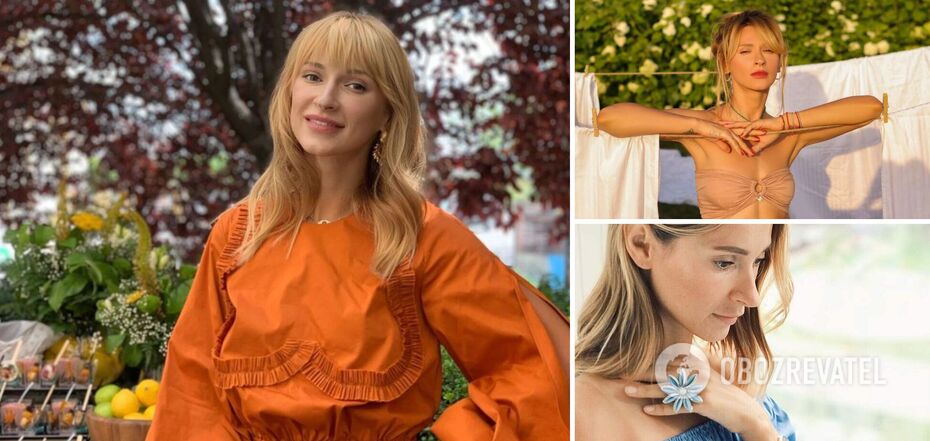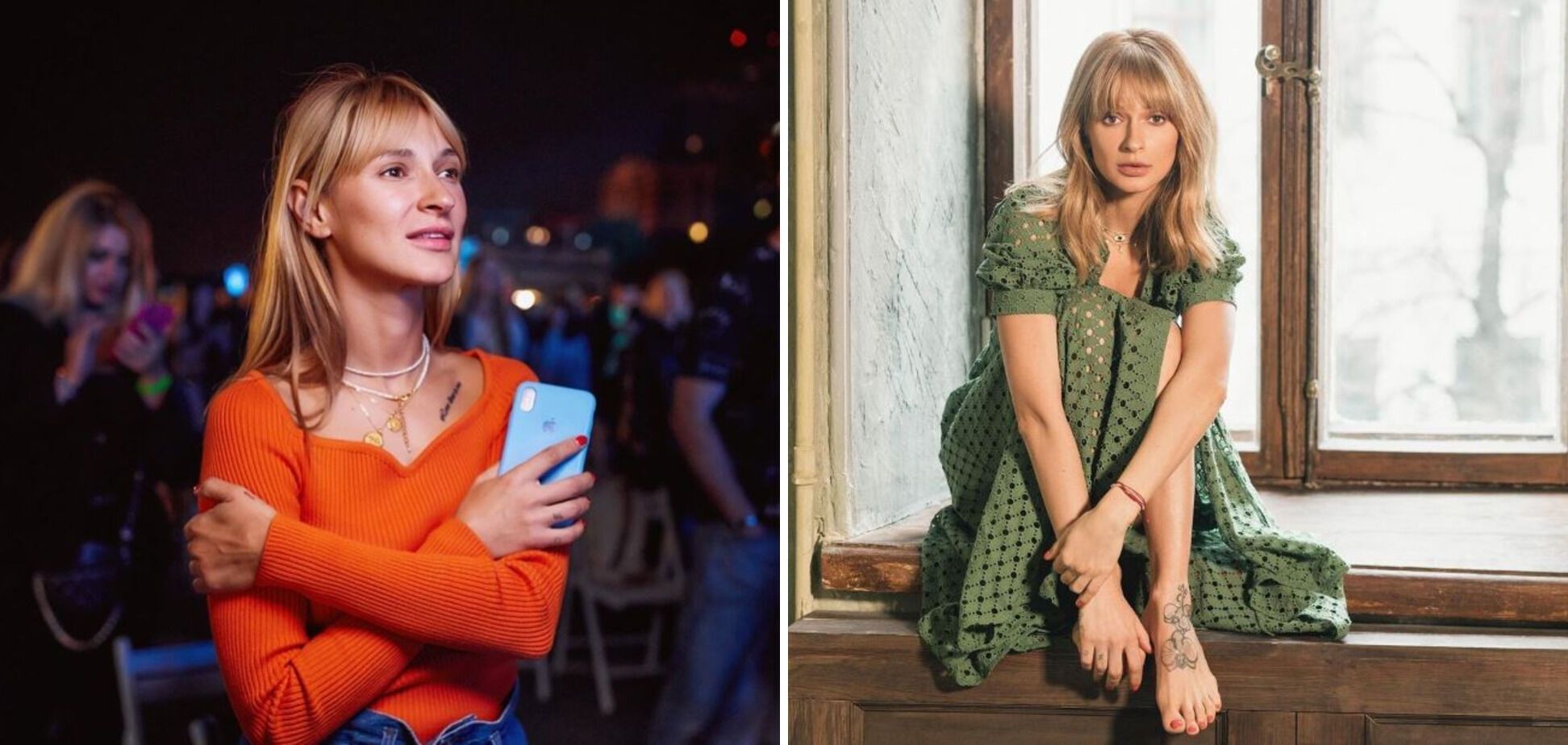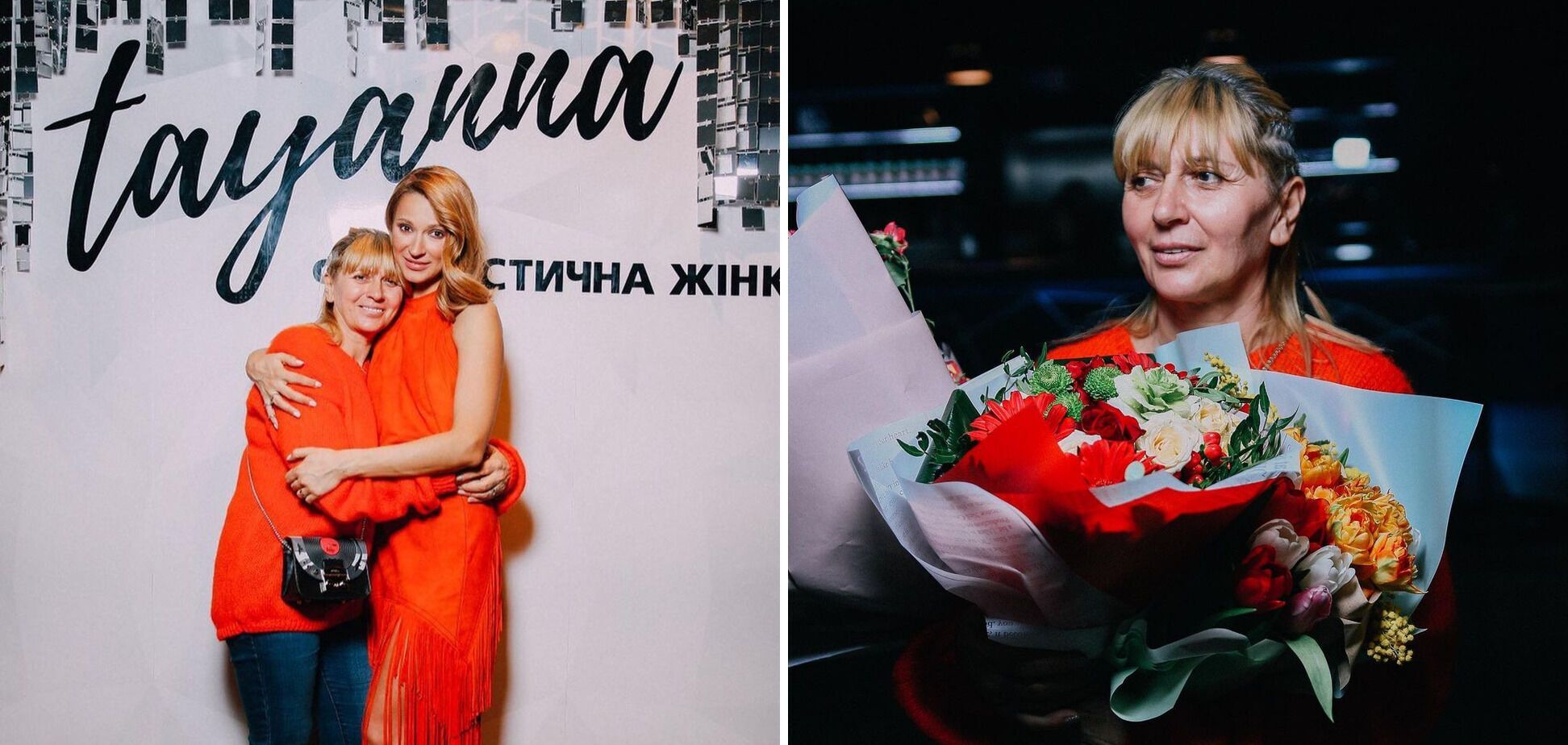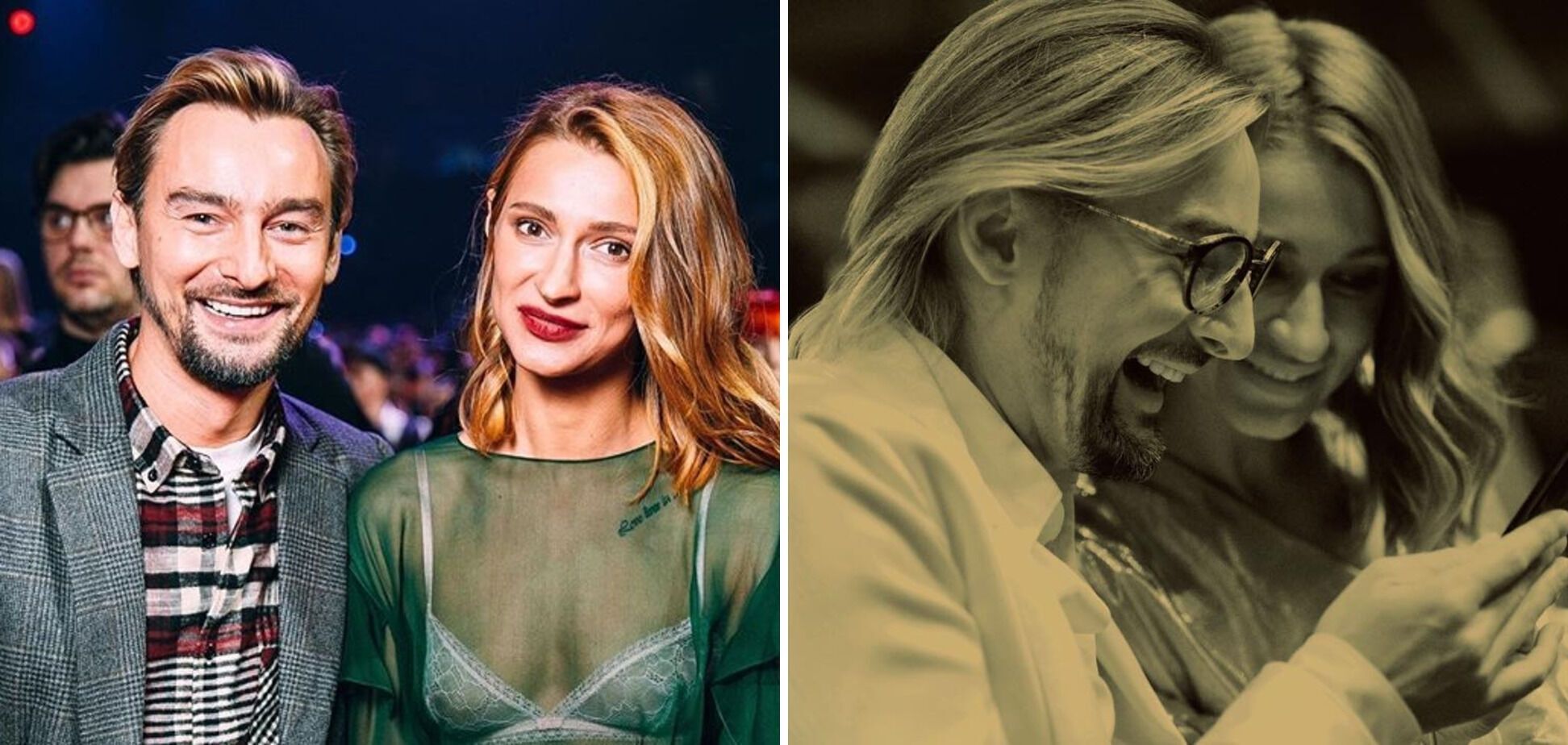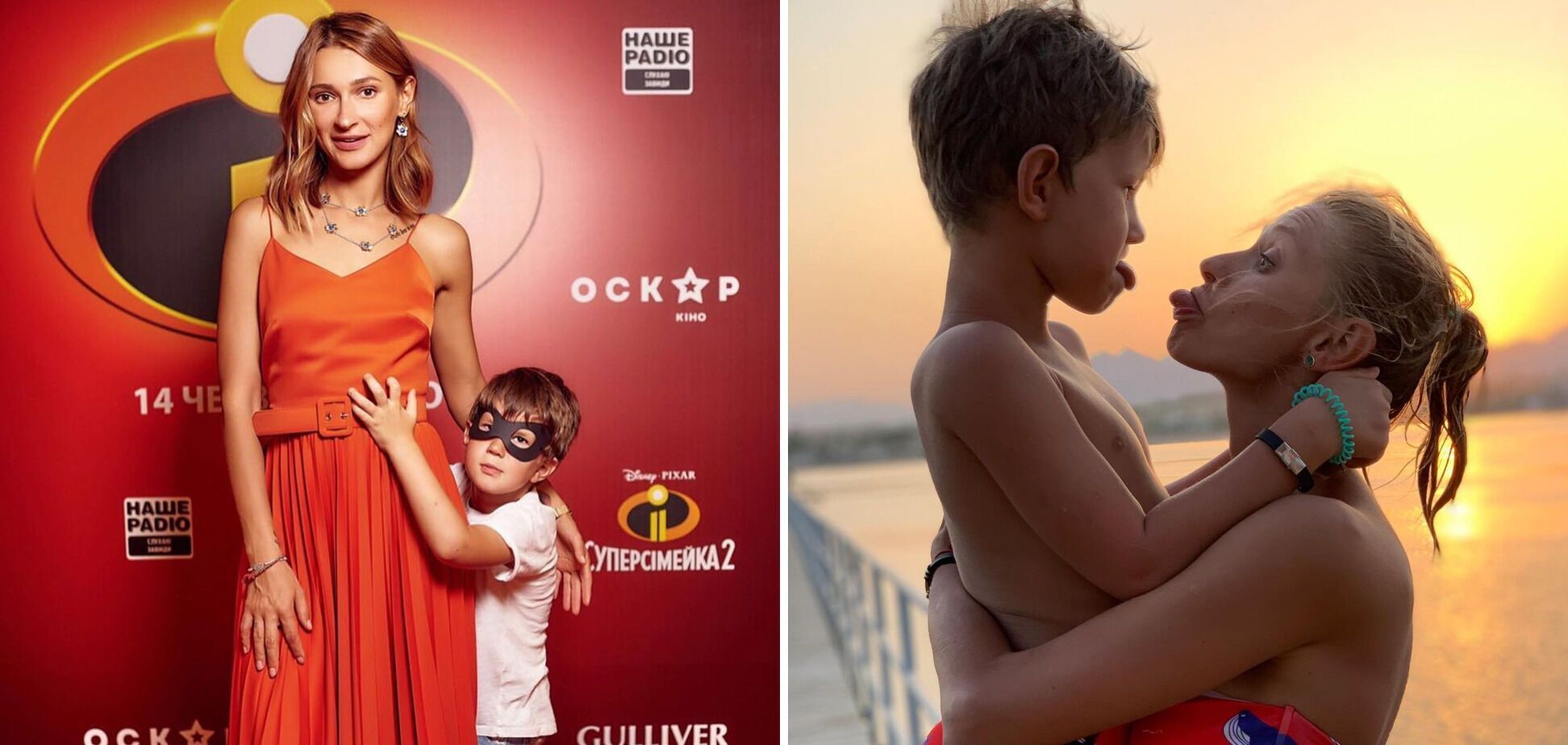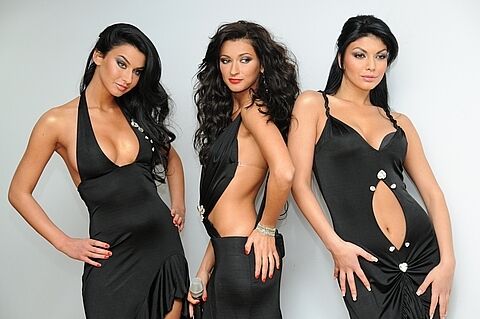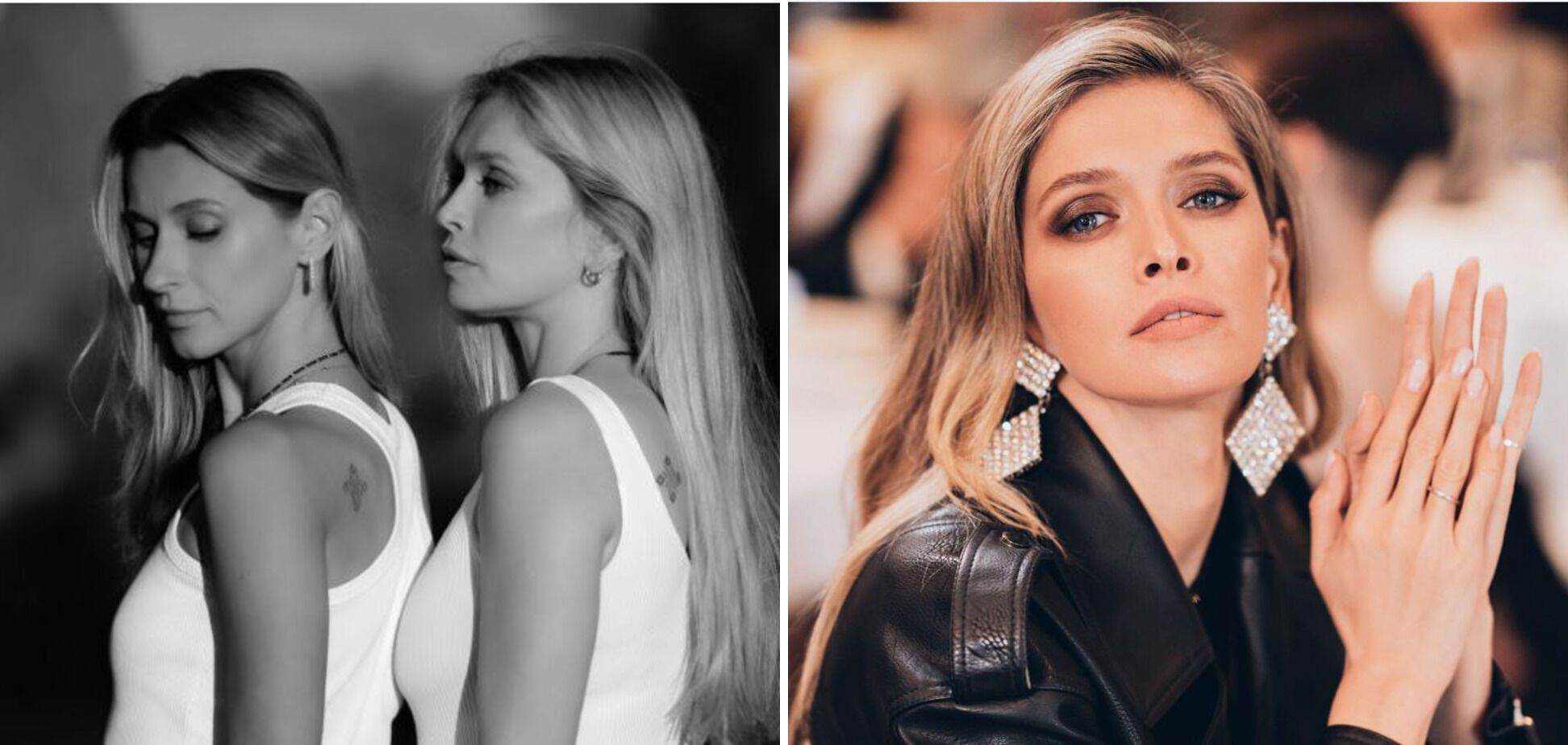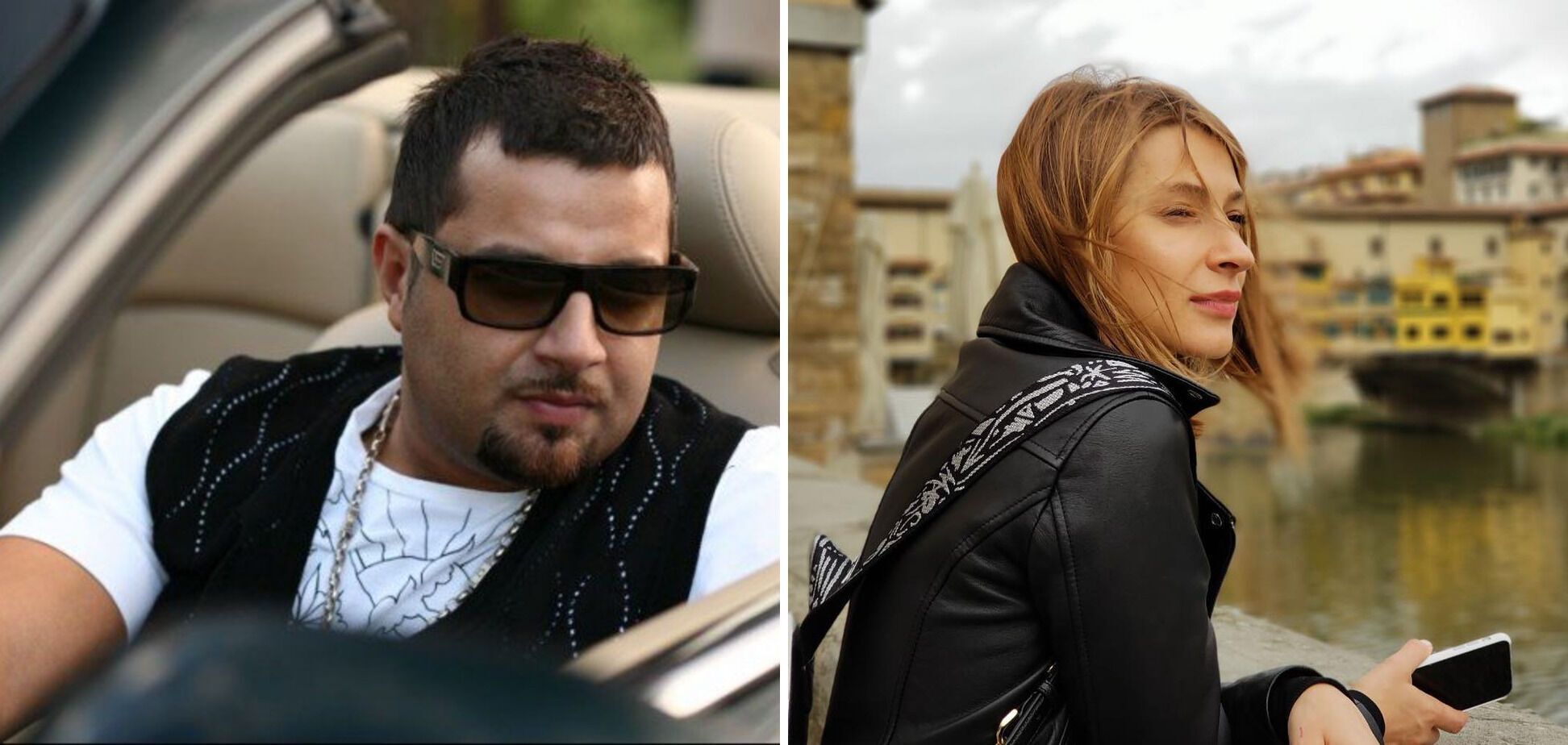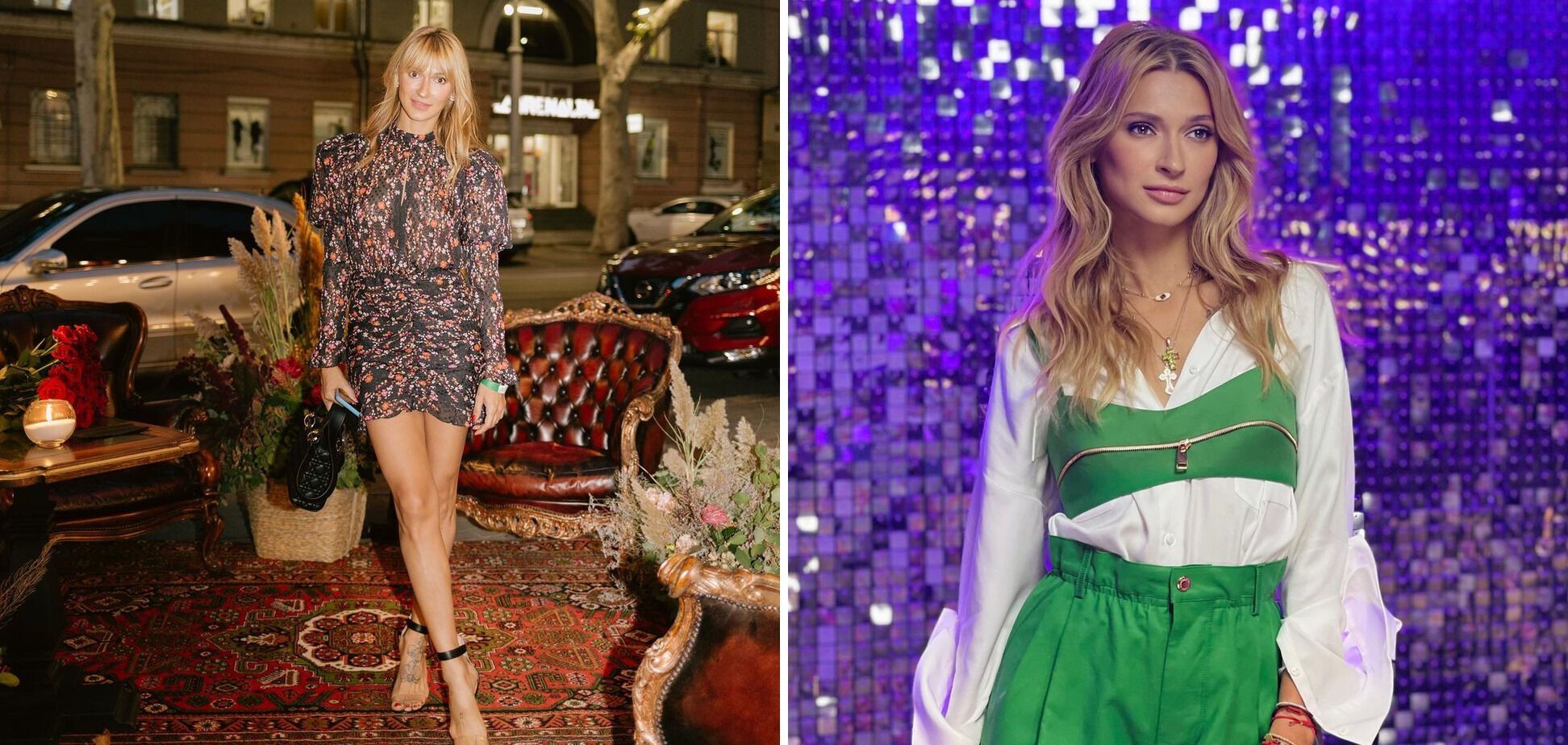Entertainment
"I have good relations with my exes." TAYANNA - about land in Bali as a gift, visits to a psychologist and hate for her duet with Vera Brezhneva
The popular Ukrainian singer TAYANNA, who spent some time abroad with her son during the Great War, now lives and works in Kyiv.
In an interview with OBOZ.UA, the singer spoke frankly about what she does for a living nowadays, and also admitted why she never reads comments about herself online and why, after one story that went public, she now believes that "you don't always have to tell the whole truth."
- You once said that you dreamed of writing a book, and it would be called 33, about how your life changed for the better at this age. How would you characterize the current period?
- I've probably wanted to write a book three times in my life, and I've never gotten around to it. The current version of the book could already be called Memoirs of a Melancholic. You know, it seems to me that life is so changeable, so fast and unexpectedly, that a book should be written purely about a certain period.
What period am I going through now? It's not easy, like all Ukrainians. But I have my music and songs with me - that's what helps me. Plus, of course, my son, family, friends, and relatives. I try to live my life today, focusing on what I have, not on what I don't have. If I meet someone, I am grateful. Some emotions, feelings - I am also grateful for them. I accept everything the universe gives me now.
- Did being the eldest daughter in a family with three other sons leave an imprint on your character?
- My character, of course, was affected by the echoes of the past. At some point, I felt like the head of the family because I had to solve a lot of issues - not children's or women's issues. In fact, this is a trauma that I later worked with a psychologist to overcome. It was explained to me that sometimes it happens that if you take on hyper-responsibility when you grow up, you may be afraid of it in your adult life because you are tired. And that's why you can achieve little in life, because any achievement is a responsibility. And for a child to take responsibility all the time is difficult. But an adult accepts it easily, but the traumatized psyche "reminds" that it was not easy before, programming that it will be so now.
Every eldest child in a large family has such a trauma of responsibility, and we need to work with it. Today I am not involved in the life of any member of my family. I have explained to everyone that I will no longer be responsible for anyone, make decisions, or save them. Yes, we have family traditions, we meet, we can call each other, consult on some issues, listen to recommendations. And that's all. I have my own family, a son. When I have the resources to help my family, I do it. To help is to become an accomplice in order to do something, to experience something. But to solve some issues for someone is quite different.
- In one of your interviews, you said that you have done a lot of things in your life on your own: you bought an apartment, a car, and provide for your son on your own. Are you a strong woman?
- A woman should be different. Strong, weak, fantastic, and not so fantastic. She has to have all the elements in her and use them when they are needed. Of course, when a man comes into your life with whom you want to have a relationship, you need to turn on your femininity as much as possible and "turn off your balls," as I say. As for the fact that I have provided for myself in many ways, I don't see anything strange in this. Every third woman in Ukraine can buy an apartment and a car on her own.
For me, strength is a very broad concept. It includes inner support, energy field, resources. A strong woman or a strong man is a person who cannot be broken by any event in life. It can change them, give them new experiences, but it will not disfigure them so much that they fall into depression and die.
- How do you deal with setbacks? Let's recall The Voice in 2014, when no coach turned his chair towards you during the blind auditions, and the following year you took second place in the competition. What helps you not to give up?
- You know, if I hadn't had the support of my friends and the people I worked with back then, I probably would have given up. I am the kind of person who has a part of my dad's character and another part of my mom's. My mom is an eternal warrior who never gives up, goes all in. And my dad is calmer: "Well, it didn't work out - let's move on." These two people live in me. And when I stop believing in myself, people appear in my life who prove the opposite. It was the same when I tried my hand at the National Selection for Eurovision.
Alan Badoev, who was my producer at the time, said when I didn't make it: it's okay, we'll draw conclusions and try again. Personally, I'm probably more inclined to give up. But since I know about this trait of mine, I don't allow myself to do it. For a period of time, a kind of sufferer turns on in me, but not for long, because I get up and go on working. And, of course, the people around me - without them, nothing would have happened.
- What does the performer TAYANNA live for now?
- Mostly it's writing songs for other performers. So far, yes. There are, of course, concerts and performances, many of them for charity. I respond to almost everything that is offered to me. Because I realize that now I can't refuse and turn my nose up at it.
- How much money do you need per month?
- I can't say specifically, because the situation is different every month. And of course, when you have your own place, it makes life much easier. Plus, my ex-husbands are generous and kind, they help me a lot. One of them helps me pay for my son's school fees, and the other gave me money to live on. I have good relationships with many of my exes. Although now I say that as if I have a hundred of them! (laughs). No, but it's true that I have good relations with some of them. They probably know and feel that I am a good person. And they care about me. There were times when I really needed help. I would call and they would bring me money. I am very grateful for such help. I think it's normal for a man to help a woman.
- What kind of mom are you to Daniel? Someone once told me that when he was a little boy, he had a workbook where all his achievements and misdeeds were recorded.
- He no longer has that workbook. I don't even remember where it is. We used to write down everything he did during the day - cleaned his room, read a book, memorized a poem. By the way, it's good that you reminded me, I need to restore this workbook. What kind of mom am I? Different, it all depends on the situation. I am a loving and caring mother, but sometimes I am angry and demanding. I experience completely different spectrums of emotions in the role of a mother. I can also hit the goose with a punch. But in general, I try to communicate with him as an adult. And spend as much time together as possible. Previously, when I was on tour, he used to go to his grandparents, but now he stays with my assistant or a friend. Of course, he misses me. If I'm 39 years old and I miss my mother sometimes, what can I say about a child who will just turn 12?
- For some time after the invasion, you and your son lived in Bali, and in a recent interview you said that you have a plot of land there. What do you plan to do with it?
- When I know something about it, I will tell you. Of course, I've seen the land, it exists, but I'll have more specifics when I've fully resolved this issue.
- You're Ukrainian-speaking, both in life (you were born and raised in Chernivtsi) and on stage. Why did you release your first album in Russian?
- Listen, a large percentage of performers in our country sang and wrote songs in Russian. That was the time. I started in the band Hot Chocolate, which was produced by Dmytro Klimashenko. And then I started writing songs. But my father always told me: "Sing in Ukrainian, because it's your roots." Like, you can convey feelings and emotions much more accurately there. And when I started writing in Ukrainian, I really started to come up with great songs that became hits. Everything I sang was about my experiences in life. All these lines, images, rhymes. Recently, I've been listening to my albums a lot. It seems to me that some of my songs would be more relevant now. Back then, they were simply lost among the huge amount of Russian-language content.
- Another success of your songs is that you boldly open up, bare your soul. Does it come easily to you?
- I don't write songs because I have to, but because they come to me. I went through something and wrote it. If I don't have anything to say to people, I won't suck it out of my finger. And if it happens suddenly that I realize I have nothing to say, I won't torture myself, invent something, twist it. Each of my compositions is charged with emotions, which is why they resonate with people. I've heard many comments that my songs are like going to a therapist. And it even seems to me that God sometimes gave me very difficult life situations so that I could write them out and share my experience. I honestly admit that only now I have begun to appreciate my creativity. I didn't see it that way before. I thought that if a song came out, it was great.
- One of your latest works is the song "Vyshyvanka" in a duet with Vera Brezhneva. The composition has gained almost three million views on YouTube, but there was also hate towards you for teaming up with a performer who decided to leave the Russian show market only after the full-scale invasion. Why do you think Vera still can't return to Ukrainian show business?
- You know, I'm not a music critic, so I don't have an answer to this question. But I respect Vera. I like her as a person, I like her work. And everything else... I think you can ask her this question directly. I have no right to answer.
- You are a very open person in everyday life, just as you are in your work. Once in an interview you were asked about your producer Klimashenko, and you confirmed that you had an affair while working together. Does such frankness help you in life or sometimes harm you?
- Sometimes I think that it is not always necessary to tell the whole truth. People are different, and they can perceive it through their own prism of life. I do have some childlike frankness and naivety in me. People even sometimes say to me: "You need to marry a man who will know your subtlety and protect you." They also advise me to write out my experiences in songs, and not always tell the truth in interviews. Because I react just as subtly to comments and situations that happen later.
In general, I am really sincere, frank and simple. In a relationship, I don't understand those games when you know you like each other, but you just talk for six months. If I'm in love, I can easily say it first: "I love you". And then: you can tell right away.
- Are you in love now?
- I'm always in love. Is that a good answer (laughs)? I love to love, to be loved, I love everything about love. I love meetings, I love hugs, looking into eyes. We broke up, I suffered, and I went on with my life. This is life. In love, we recognize ourselves as true, because in this state we are the most honest, the most real.
- Is it true that you don't read comments about yourself on social media?
- Very rarely, once every three years, I can read something. Otherwise, I don't go in and read because I don't want to waste time and spoil my nerves. On the contrary, I read good comments. I reply to them, thank you. And to the haters, I want to say only one thing: you can sit on the Internet and condemn everyone there, or you can get on with your life and finally start doing something useful.
Only verified information is available on the OBOZ.UA Telegram channel and Viber. Do not fall for fakes!


